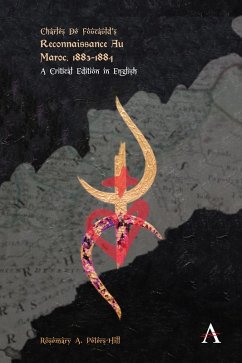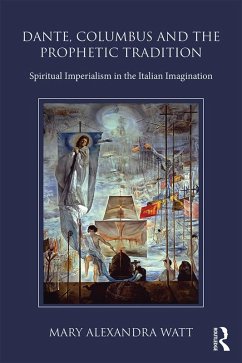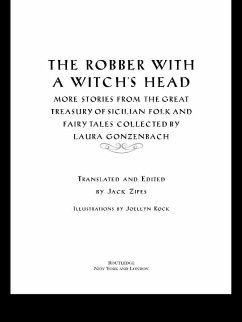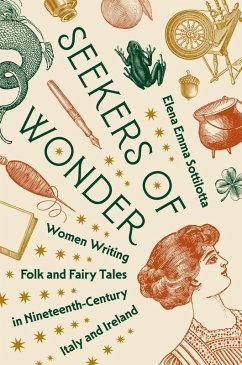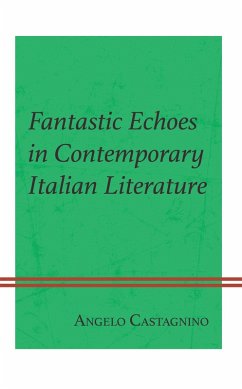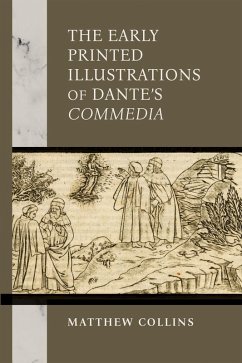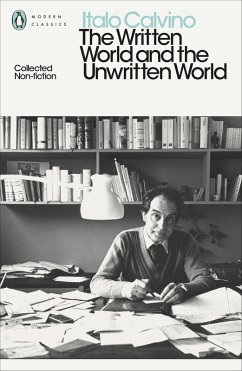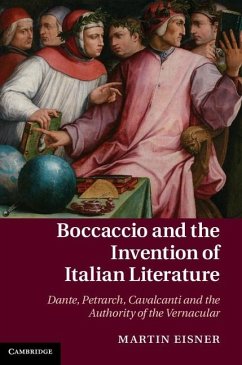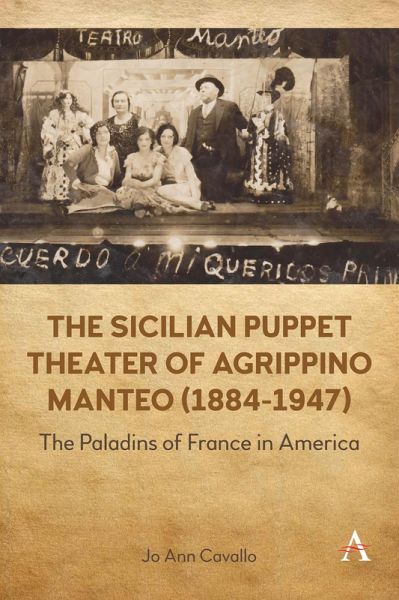
The Sicilian Puppet Theater of Agrippino Manteo (1884-1947) (eBook, ePUB)
The Paladins of France in America

PAYBACK Punkte
10 °P sammeln!
Joint winner of The Literary Encyclopedia book prize 2024, category 'Literatures written in languages other than English' Winner of the Nancy Staub Publications Award 2024 Winner of the AATI Book Award 2024 for Literary, Critical Theory, and Cultural Studies - Sicilian puppet theater is a unique nineteenth- and twentieth-century popular theatrical tradition based on the masterpieces of medieval and Renaissance chivalric literature. It flourished not only in southern Italy and Sicily, but also in the diasporic Italian urban communities of North and South America and North Africa, bringing immi...
- Joint winner of The Literary Encyclopedia book prize 2024, category 'Literatures written in languages other than English'
- Winner of the Nancy Staub Publications Award 2024
- Winner of the AATI Book Award 2024 for Literary, Critical Theory, and Cultural Studies
- Sicilian puppet theater is a unique nineteenth- and twentieth-century popular theatrical tradition based on the masterpieces of medieval and Renaissance chivalric literature. It flourished not only in southern Italy and Sicily, but also in the diasporic Italian urban communities of North and South America and North Africa, bringing immigrants together for nightly performances of the same deeply cherished chivalric stories. Even though this art form was designated by UNESCO as an "intangible cultural heritage of humanity" in 2001, it remains largely unknown today because by the late 1950s Sicilian puppet theater companies had ceased to perform the full Paladins of France cycle that used to extend nightly for well over a year. Thus, the only means we have left to explore the substance of this once widely enjoyed cultural phenomenon are the scripts dating from opera dei pupi's heyday. Most of these invaluable documents, however, have been lost, while the few sets still in existence are either privately owned by the remaining puppeteer families and collectors or tucked away in the archives of Italian institutions. Thanks to the newly accessible scripts of the preeminent Catanese-American puppeteer Agrippino Manteo (1884-1947), whose career stretched from Sicily to Argentina to New York, students, scholars, and the general public can now explore the cycle of chivalric narratives staged during the golden age of Sicilian puppet theater.
- The many delicate hand-written notebooks containing Agrippino Manteo's dramatic repertory are not only of interest for their historical and aesthetic value. These masterfully executed theatrical adaptations invite readers into a chivalric world featuring knights and damsels from across the globe - from Europe to Africa to East Asia - who share the stage with a host of wizards, fairies, giants, and monsters, in alternating episodes of love, enchantment, adventure, and warfare. The concerns with which they engage, such as justice, identity, duty, love, freedom, and virtue, transcend the categories of elite and folk, local and global, medieval and modern, interrogating what it means to be human.
- This book provides the most comprehensive history to date of the Manteo Family's Sicilian Marionette Theater across three generations and brings to light for the first time the contents of Agrippino Manteo's extensive Sicilian puppet theater scripts, including translations of 8 selected plays and 270 extant play summaries of the famous Paladins of France cycle. Accompanying comparative analyses uncover the creative process of adaptation from Italian Renaissance masterpieces of chivalric poetry to nineteenth-century prose compilations to Agrippino's opera dei pupi scripts.
Dieser Download kann aus rechtlichen Gründen nur mit Rechnungsadresse in A, D ausgeliefert werden.




